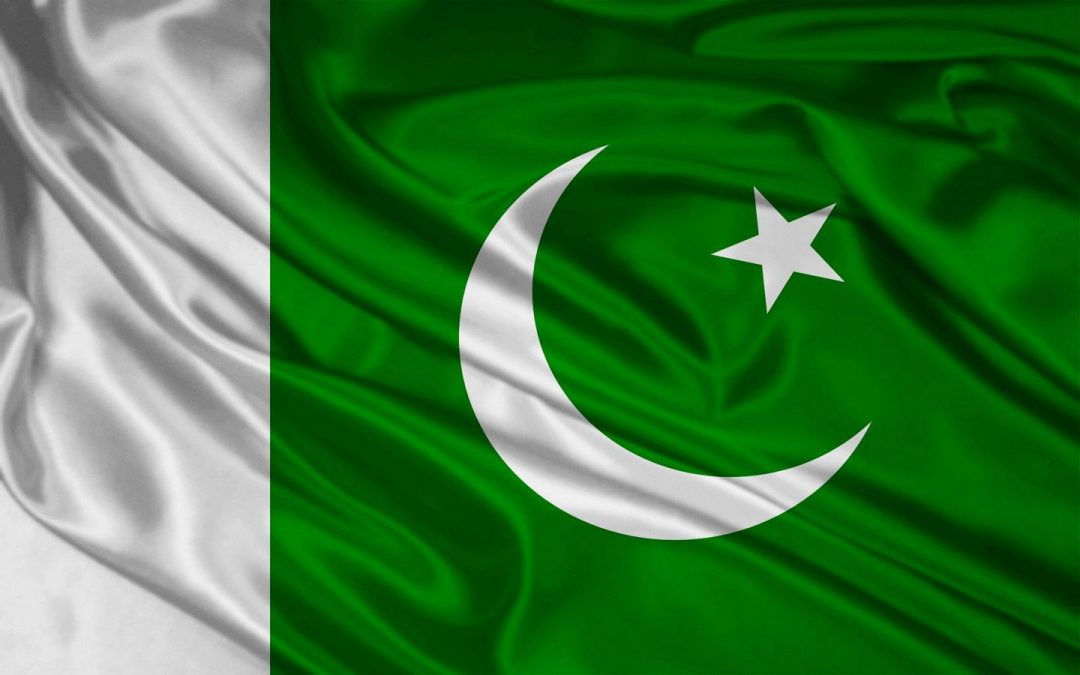The export manager of a factory in Sialkot in Pakistan’s Punjab province was killed by a mob on 3 December after he was accused of desecrating posters bearing the name of Prophet Muhammad.
Pakistani news outlet Dawn reports that Priyantha Diyawadana, a Sri Lankan national who was also a Hindu, was attacked by “hundreds of men and young boys” on the Wazirabad Road in Sialkot, who tortured the man to death before proceeding to burn his body.
Mr Diyawadana was reportedly killed after his colleagues at the Rajco Industry factory where he worked witnessed him tear off a piece of a poster which read “Labbaik Ya Hussain” (an expression meaning “I am here, O Hussain!” and commonly associated with Shi’a Islam).
The men reportedly decided to kill Mr Diyawadana on the spot, and have since quoted calls from the Tehreek-e-Labaik (TLP) extremist group who urge the murder of anyone accused of blasphemy. Last month, the government of Pakistan reportedly opened up a dialogue with the TLP, in what IHRC sources view as a granting of space to violent and extremist narratives.
Pakistan’s blasphemy laws criminalise anyone who insults Islam, including by outraging religious feeling (Section 295-A), defiling the Qur’an (Section 295-B), and defiling the name of the Prophet Mohammed (Section 295-C), which carries the death penalty or life imprisonment. The laws are open to misuse, and often used as a weapon of revenge against both Muslims and non-Muslims to settle personal scores or to resolve disputes over money, property or business. Blasphemy accusations can also have an impact beyond that on the accused, and often trigger mass violence against minority communities.
IHRC extends the deepest condolences to the family and loved ones of Priyantha Diyawadana. Once again, Pakistan has been shaken by egregious mob violence in relation to its notorious blasphemy laws, which are wholly incompatible with the fundamental right to freedom of religion or belief and must be reviewed urgently, moving towards their full repeal in the long term. We call on the Punjab and national authorities to ensure that rule of law is upheld in the ongoing police investigation, and that those who were party to this violence are prosecuted. We also appeal for calm among religious communities in both Pakistan and Sri Lanka, ensuring that this incident of religiously-motivated intolerance does not beget further division and violence.”
Such despiteful incidents are now a way of life in Pakistan. The extremis organizations seemed to have overpowered the law enforcing agencies and even the judiciary has succumbed to their pressures. No religious minority is safe in Pakistan. The extremists concoct false allegations against the peace-loving innocent minorities and accuse them of blasphemous behaviour and instigate the mob to brutally torture and kill them. All that is happening in day light under the nose of the world and yet the world has not done what needs to be done to stop it.
IHRC is there to seek justice for the victims of religious persecution and calls on all those who stand for freedom of religion, faith and practice to wake up the Government of Pakistan to act to stop such horrific atrocities taking place almost every day.
We further urge the international community to impress upon the Government of Pakistan, that perpetrators of such vicious attacks should be brought to justice, to bring its laws and practices in conformity with international standards as ordained by Article 20 and United Nations Universal Declaration of Human Rights Article 2, 18 and the International Covenant on Civil and Political Rights (ICCPR) Article 25, 26.



